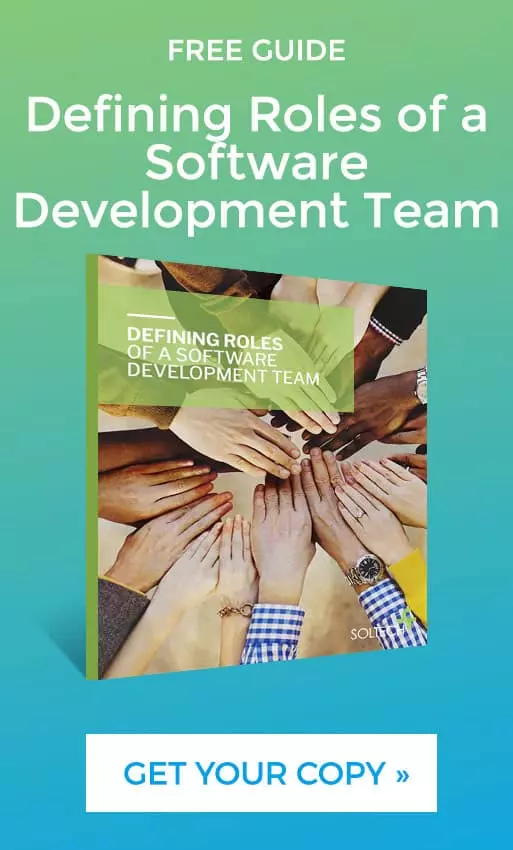
Why You Should Never Burn Bridges When Exiting a Job
By Veanne Smith
In the not too distant past, a disgruntled former IT employee of an airline company hacked his previous employer, costing the company over $200,000 in operational disruptions. After his initial cyber-attack, he then hacked into the CEO’s email account to see what was being said about the attack and whether the company had any suspicions of his involvement.
This egregious and revengeful act is an extreme example of burning a bridge on the way out, but it shines the light on the fact that no one wins or gets ahead by being spiteful, dishonorable, or unprofessional.
Mainly due to technological advances and social media platforms, the professional community can become smaller than you realize, especially during a job search. It’s common practice for hiring managers to do online research of a prospective new employee, and rather easily connect with someone who has previously worked with that individual. We’ve witnessed many instances where the hiring manager confirmed that the individual was a strong performer, but they burned a bridge on the way out, so the hiring manager chose to hire someone else.

As good as you think it may feel, resist the urge to seek revenge, inflict pain, or leave your current employer in a lurch. It’ll more than likely catch up with you somewhere down the road.
There’s an art to leaving a job well. Here are our top six pieces of advice to help you do it the right way.
Don’t play games
Getting another job offer and using it to pressure your current employer into giving you a promotion or raise is risky. If you’ve done your research and discussed your performance and opportunity for financial and career advancement with your employer and feel that it is in your best interest to find a better job elsewhere, focus on finding that new job. Most people who use a new offer as leverage to get what they want from their current employer and stay after receiving a counter-offer will tell you they should have just moved on. Resigning twice from the same job doesn’t leave a positive impression of your decision-making ability. But of equal importance is the negative taste you also leave with the person/company who offered you a job and that you then turned down to accept a counter-offer. So, you end up burning two bridges, not just one.
Give proper notice
While there is no legal requirement in the U.S. about giving notice when you leave a job, some companies have language in their employment agreements or business code of conduct documents. Make sure to review any materials you have signed before resigning. In the absence of any requested or required amount of notice, a professional 2-week notice is appropriate. Keep in mind that the purpose of the notice is to ensure a smooth transition of your duties to someone else. So don’t give your notice, then announce that you will be taking most of it as PTO time.
Keep working until the end
Now that you’ve done the right thing and provided a professional notice, your work is not done. Now is the time to finish strong! Your employer will not appreciate you taking endless long lunches or disrupting the office by chatting with your colleagues all day. It’ll go a long way to show them that you’ve got their best interests in mind until the very end. Remember, they’re paying you, and you owe it to them to earn that final paycheck.
Also, not every move turns out to be a good one. As the saying goes, the grass isn’t always greener on the other side of the fence. Should things go sideways in the new job, finishing strong increases your chances that your former manager would hire you back or provide a stellar reference to a future employer.
Be appreciative
Once you’ve decided to leave, make sure to remain positive with and appreciative of everyone you’ve worked with. Thank them for being good colleagues, for helping you learn, and for any opportunities they might have given you. Write personal thank-you notes to those mentors or bosses who’ve helped you in your career. Any of these people might be in a position to hire you again (or vice versa) or show up at your new employer as a colleague or manager.
Document your job
Chances are, your replacement won’t be showing up during your notice period. Why not give them a head start by documenting all of the things you do so they are well-prepared for their first day? Your boss and coworkers probably don’t know all of the individual tasks you do, and how to do them. Help them out by creating a list of all the information they’ll need, including passwords for things you control; regular reports you run and when they’re due; previously scheduled meetings; the names and contact info of helpful people; procedures you’re in charge of; project statuses; and anything else you think would be helpful. They will remember how helpful you were even as you were leaving and may even go out of their way to tell others how impressed they were with your helpful attitude.
Don’t post a distasteful and revengeful negative review online
There are many online sites and platforms today where you can post a review about your experience with your soon-to-be past employer. If your experience was a good one, your recent employer would appreciate a positive review. If you encountered issues or experienced negative behaviors or practices during your employment, the most constructive thing you can do is to raise these concerns to your manager or appropriate individual while you are employed and not post them in public.
Even though you may not feel this way, most employers want to create positive experiences for their employees — they may struggle in the execution. Before you post that negative review, ask yourself if you did all you could while you were there to help them be better. If you did, and still feel compelled to post the review, be sure your intent is to be helpful to both the employer and to candidates who will be reading the review. And keep in mind that, depending on the size of the company and how engaged they are on these review sites, it is often easy to identify the author of the review, even though your post is anonymous.

Leaving a job is an exciting time, and you might be tempted to say or do something that’ll burn a bridge (or two) on your way out. For your career’s sake, resist the temptation. Focus on your future, not the past. You’ll do yourself (and your career) more good if you remain positive and make your exit a positive experience for everyone. Learning how to leave a job might be the most beneficial skill you learn.
Are you interested in learning more on how to gracefully leave your current job and get assistance in finding a new one? Read more of our Staffing and Recruitment articles.
Veanne Smith
CEO & Co-Founder
Veanne Smith serves as the CEO and co-founder of SOLTECH – Atlanta’s premier software development, technology consulting and IT staffing firm.
Prior to founding SOLTECH, Veanne spent more than 10 years in the technology industry, where she leveraged her software development and project management skills to attain executive leadership responsibilities for a growing national technology consulting firm. She is passionate about building mutually beneficial long-term relationships, growing businesses, and helping people achieve their personal life goals via rewarding employment opportunities.
Outside of SOLTECH, Veanne is considered a thought leader in Atlanta’s IT community. Currently, she serves on the Advisory Board for The College of Computing and Software Engineering at Kennesaw State University. In addition, Veanne helped launch the AxIO Advisory Council, has been a member of Vistage for 20 years, and created Atlanta Business Impact Radio – a podcast that showcases some of Atlanta’s most innovative businesses and technology professionals.
As an influential figure in the technology and IT staffing industry, Veanne consistently produces insightful articles that address both the opportunities and challenges in IT staffing. Through her writing, she offers valuable tips and advice to businesses seeking to hire technical talent, as well as individuals searching for new opportunities.
She holds a degree in Computer Science from Illinois State University.







